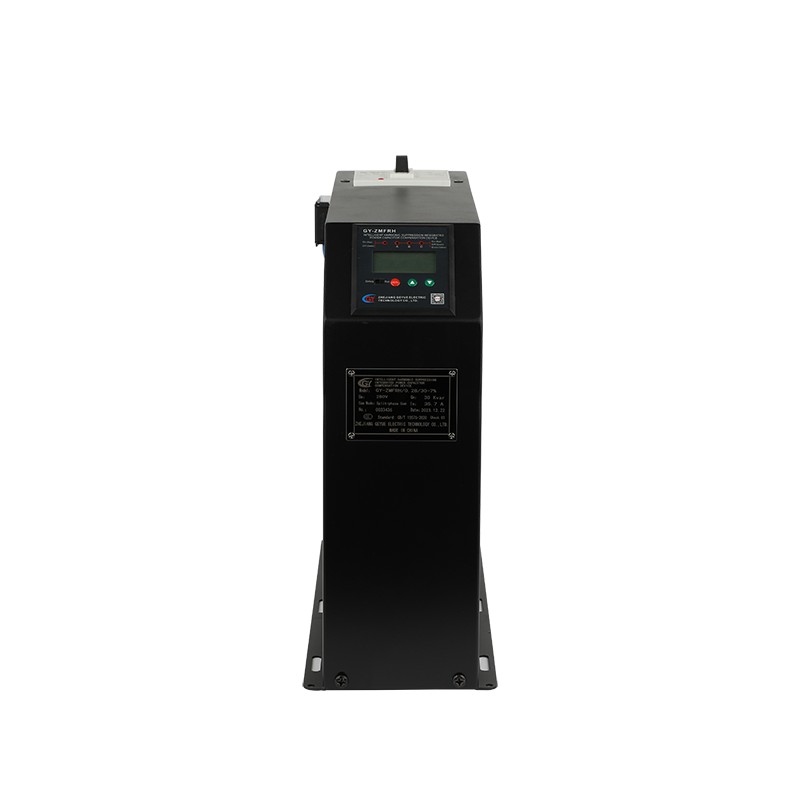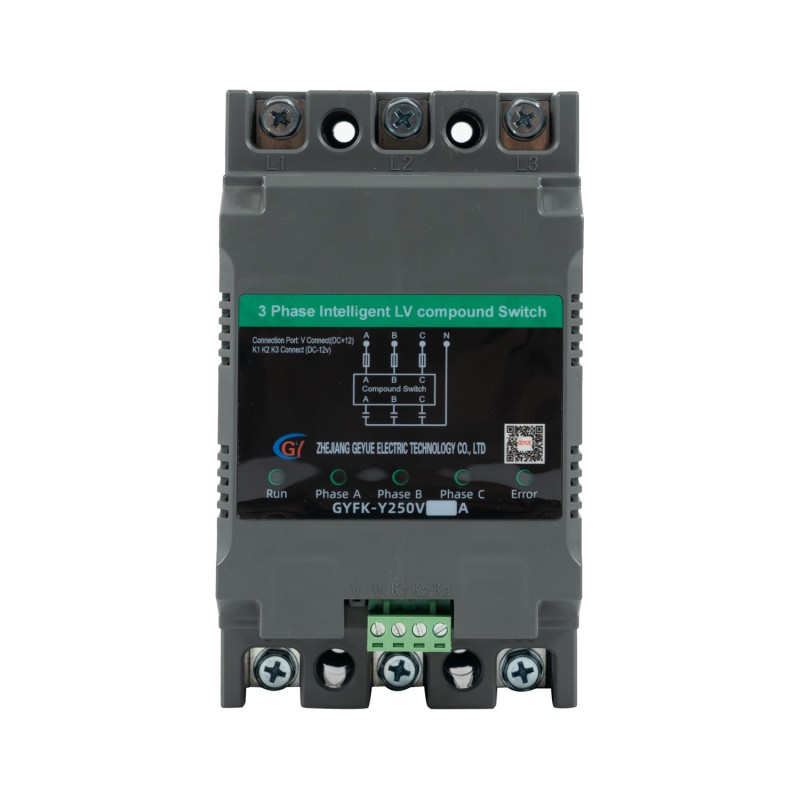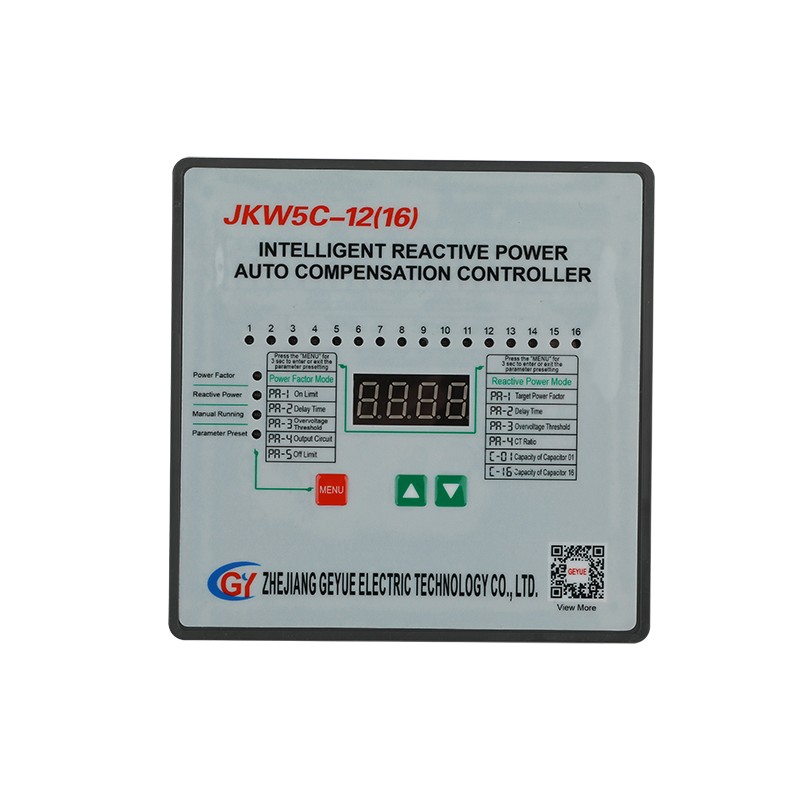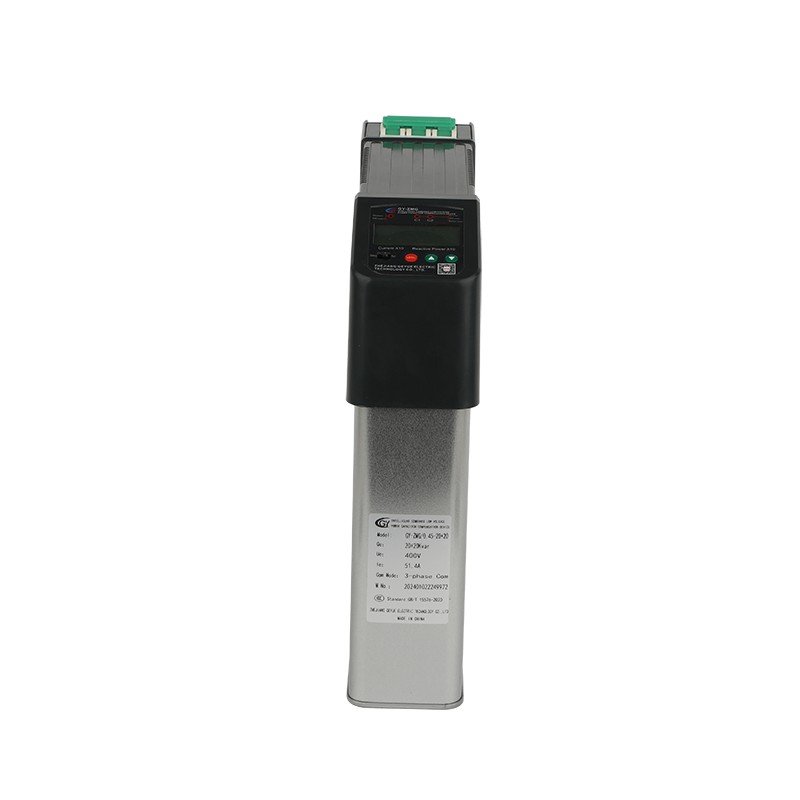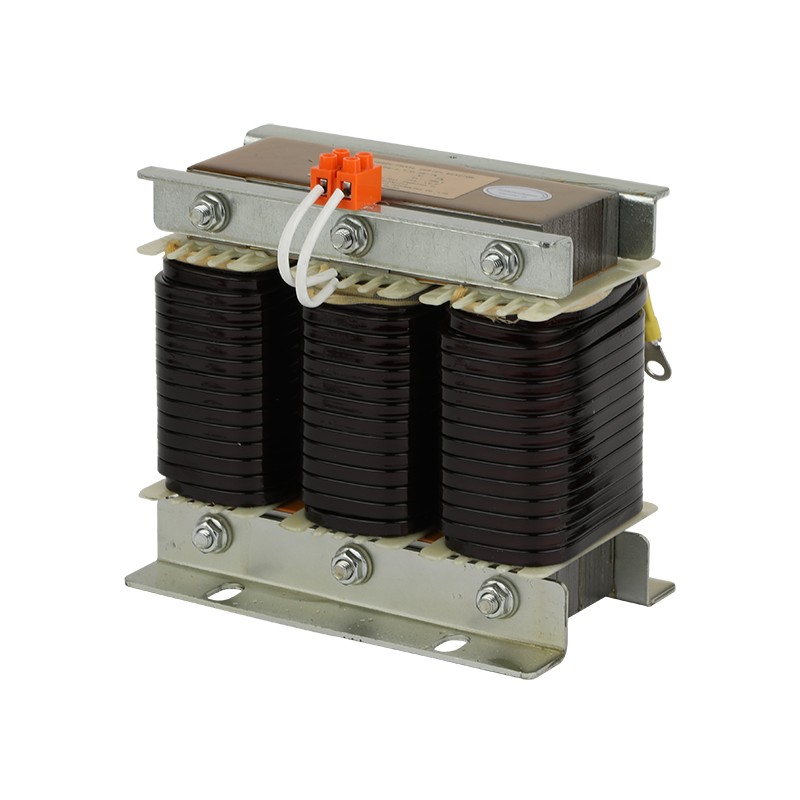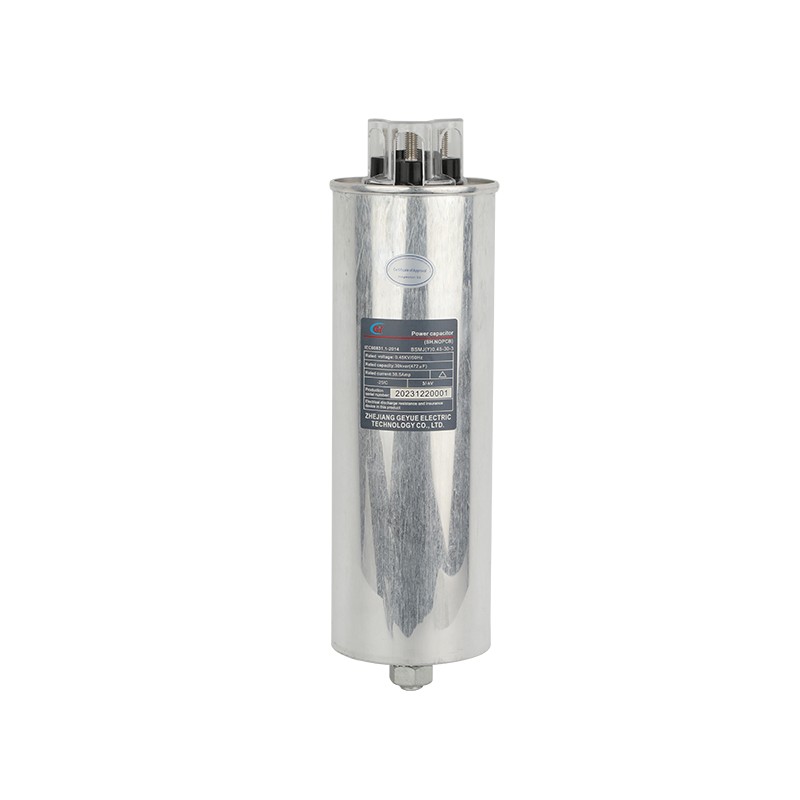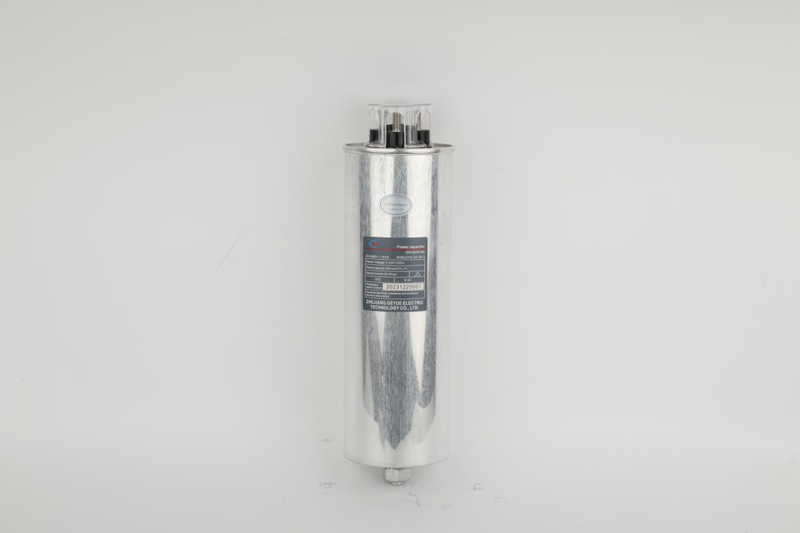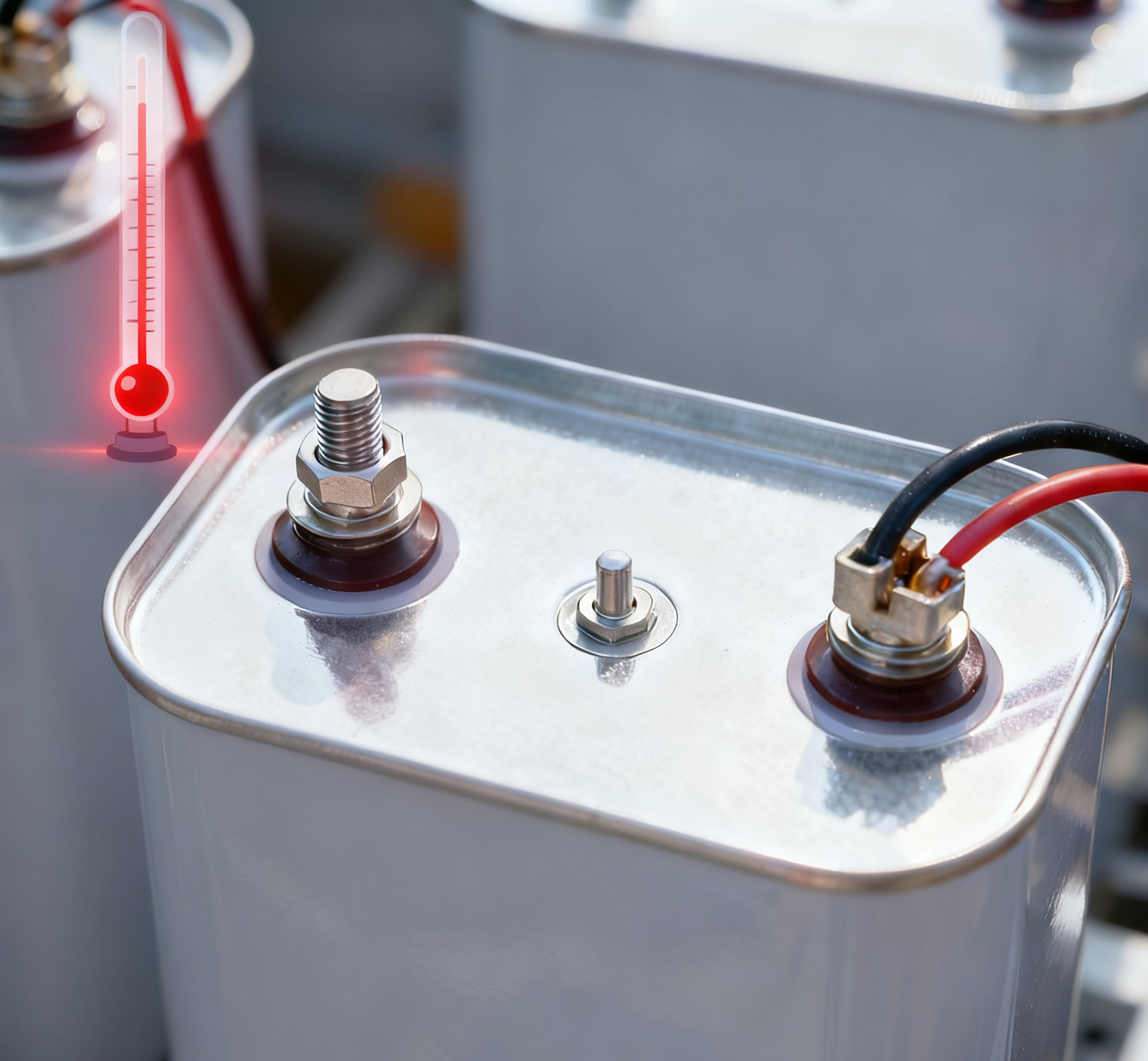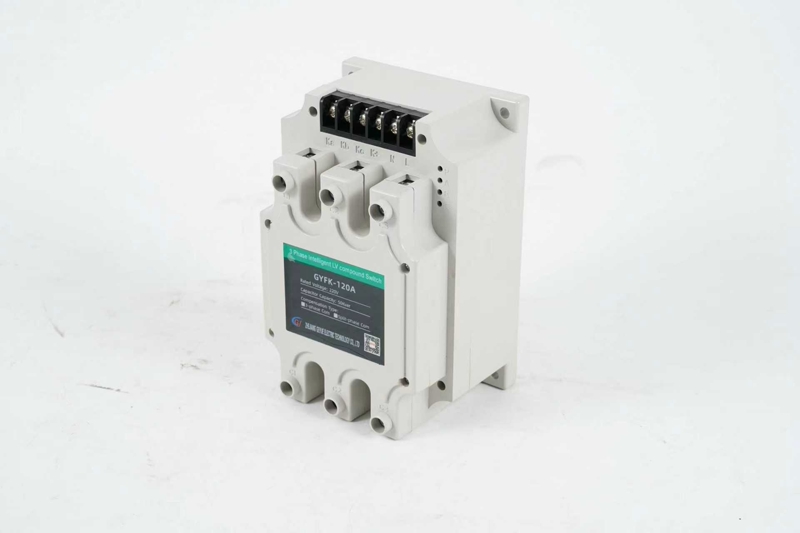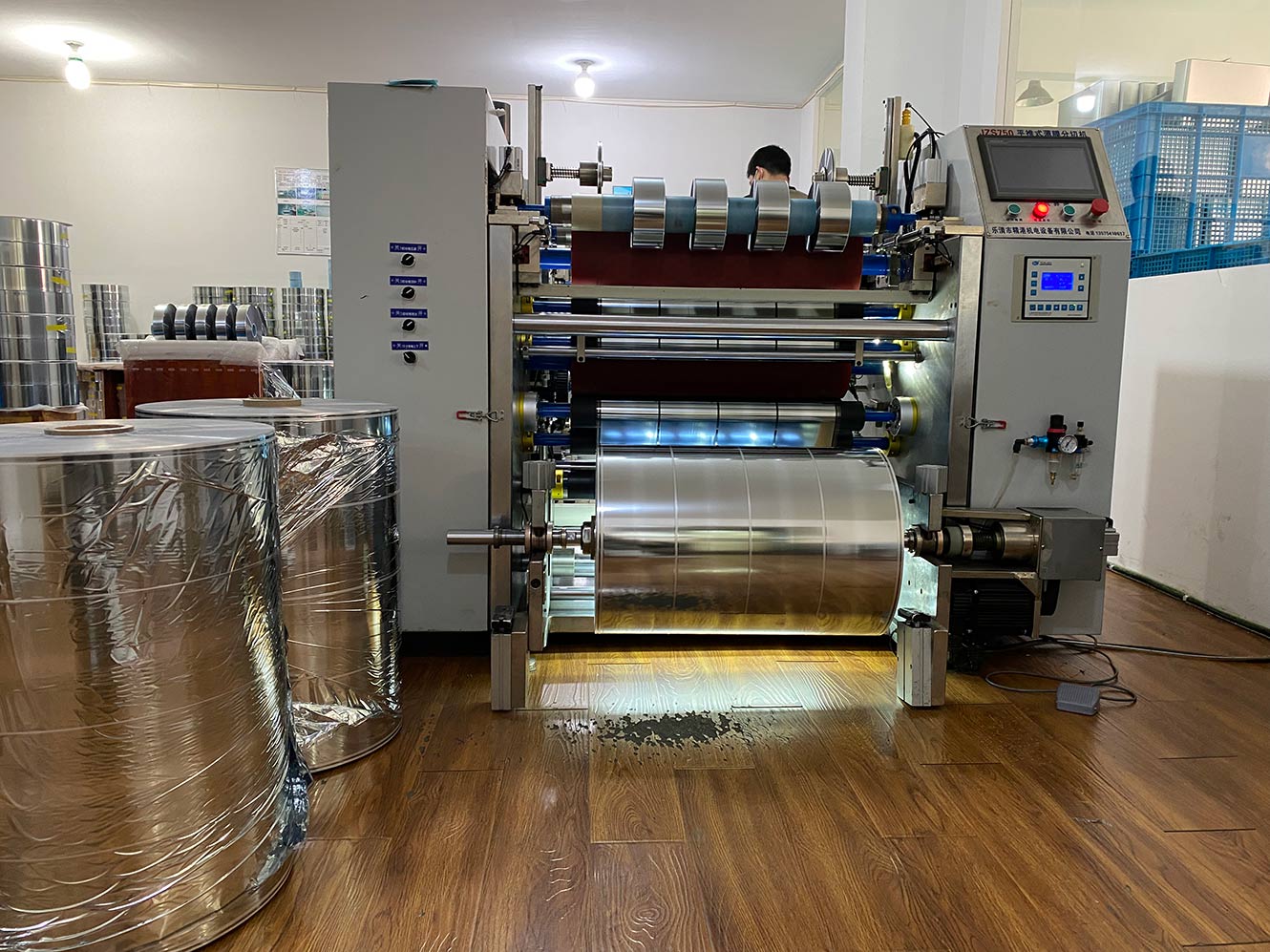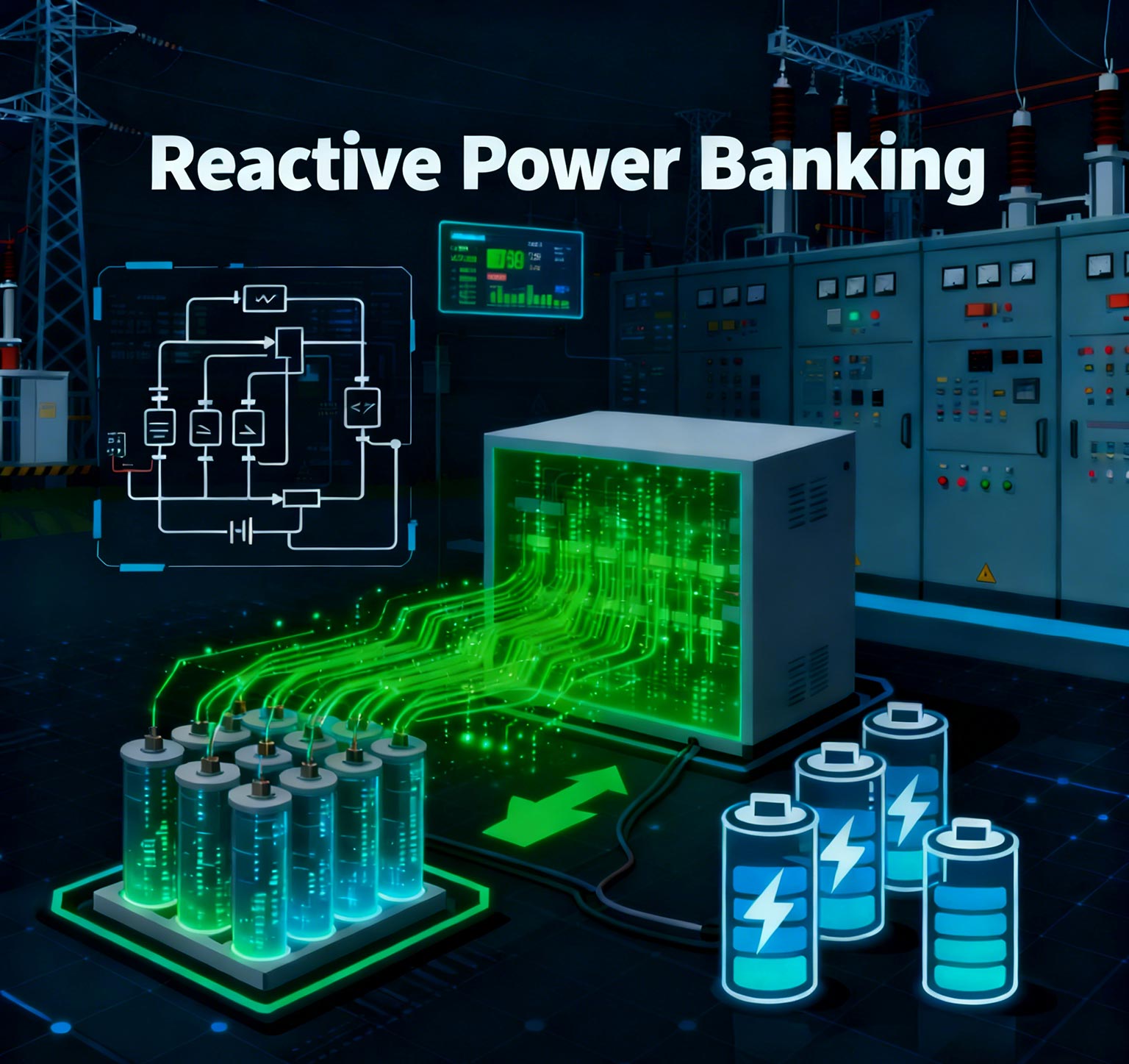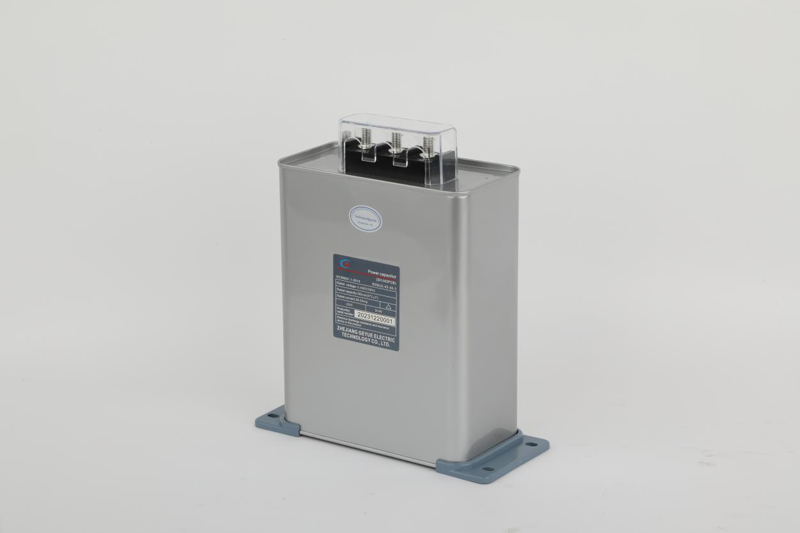In the New Energy Era, How Will the Reactor Industry Overcome Technological Bottlenecks?
Market Demand Continues to Grow
Against the backdrop of the rapid development of the new energy industry, market demand for series reactors has shown steady growth. The large-scale construction of clean energy projects such as photovoltaic and wind power generation has created new development opportunities for the reactor industry. According to the latest industry data, the global reactor market is expected to reach new heights in 2023, maintaining a substantial compound annual growth rate. In addition to traditional power system applications, demand for reactors in emerging sectors such as new energy vehicle charging stations and data centers is also rapidly increasing. These emerging applications place higher demands on reactor performance, particularly in terms of high efficiency, compact size, and high reliability. Many reactor manufacturers report a significant increase in orders this year compared to the same period last year, with specialty reactors specifically targeting the new energy sector showing particular favor.
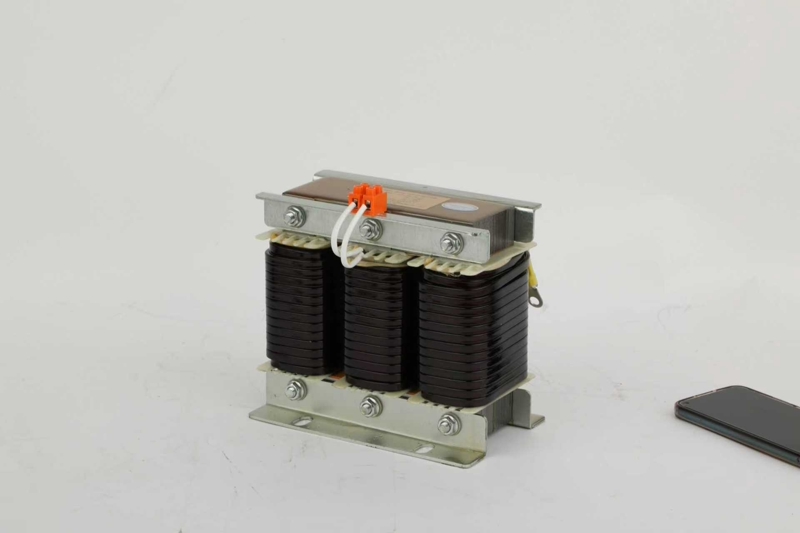
By specific application scenarios, demand for filter series reactors for photovoltaic inverters has seen the most significant growth. This is primarily driven by the rapid expansion of global photovoltaic installed capacity, particularly in major markets such as China, Europe, and the United States. Market analysts predict that the reactor market will maintain steady growth over the next three years, particularly driven by the dual forces of smart grid development and industrial automation upgrades, which will usher in a new round of development opportunities for the reactor industry.
Furthermore, advances in thermal management technology enable reactors to operate stably at higher power densities. A company's R&D manager stated that the next generation of reactors will be deeply integrated with IoT platforms, allowing users to monitor reactor operating status in real time through cloud platforms and receive predictive maintenance recommendations. This intelligent transformation not only improves equipment efficiency but also extends its service life, creating greater value for users.
Furthermore, the new standards impose additional limits on product noise levels, requiring that reactor noise levels during normal operation must not exceed specified values. The implementation of these standards will encourage companies to increase R&D investment and improve production processes. Experts from certification agencies point out that obtaining international certification has become a prerequisite for series reactors products to enter the high-end market. Companies need to establish a comprehensive quality management system to ensure that their products consistently meet standard requirements.
Market Competition Landscape Analysis
The current competitive landscape in the reactor market is undergoing profound changes. Internationally renowned electrical companies maintain a dominant position in the high-end market, but local companies are gradually increasing their market share through continuous technological innovation and market development. From a product perspective, competition in the medium and low-voltage reactor market is fierce, while the high-voltage and specialty reactor markets offer relatively large profit margins.
Future Outlook
Industry experts predict that the reactor industry will maintain steady growth over the next five years, with technological innovation becoming a core competitive factor. In particular, in application scenarios such as new energy grid integration and power quality management, the performance requirements for reactors will continue to rise. Based on technological development trends, the next generation of reactors will place greater emphasis on energy efficiency and intelligent capabilities. Companies need to increase R&D investment and seize market opportunities to secure a favorable position in future market competition.
Industry experts predict that the global series reactors market will maintain an average annual growth rate of over 6% over the next five years. Companies need to keep pace with market demand and accelerate product innovation to secure a favorable position in future market competition.
- Reactance Rate 7% or 14%? How Should Series Reactors Be Selected to Effectively Avoid Harmonic Risks?
- Why Must Low-Voltage Power Factor Controllers Used in Photovoltaic Scenarios Be Equipped with Four-Quadrant Operation Capability?
- Why do the Mainstream Series Reactors Currently on the Market All Adopt the Dry-Type Iron-Core Structure?
- What Exactly is the Boundary Between Static Compensation and Dynamic Compensation in the field of low-voltage reactive power compensation?
- Can Cylinder Self-healing Shunt Capacitor Become the Ideal Choice for Reactive Power Compensation in Power Systems?
- Can Three Phase Intelligent Low Voltage Compound Switch Achieve Technological Innovation in Reactive Power Compensation of Power Systems?

